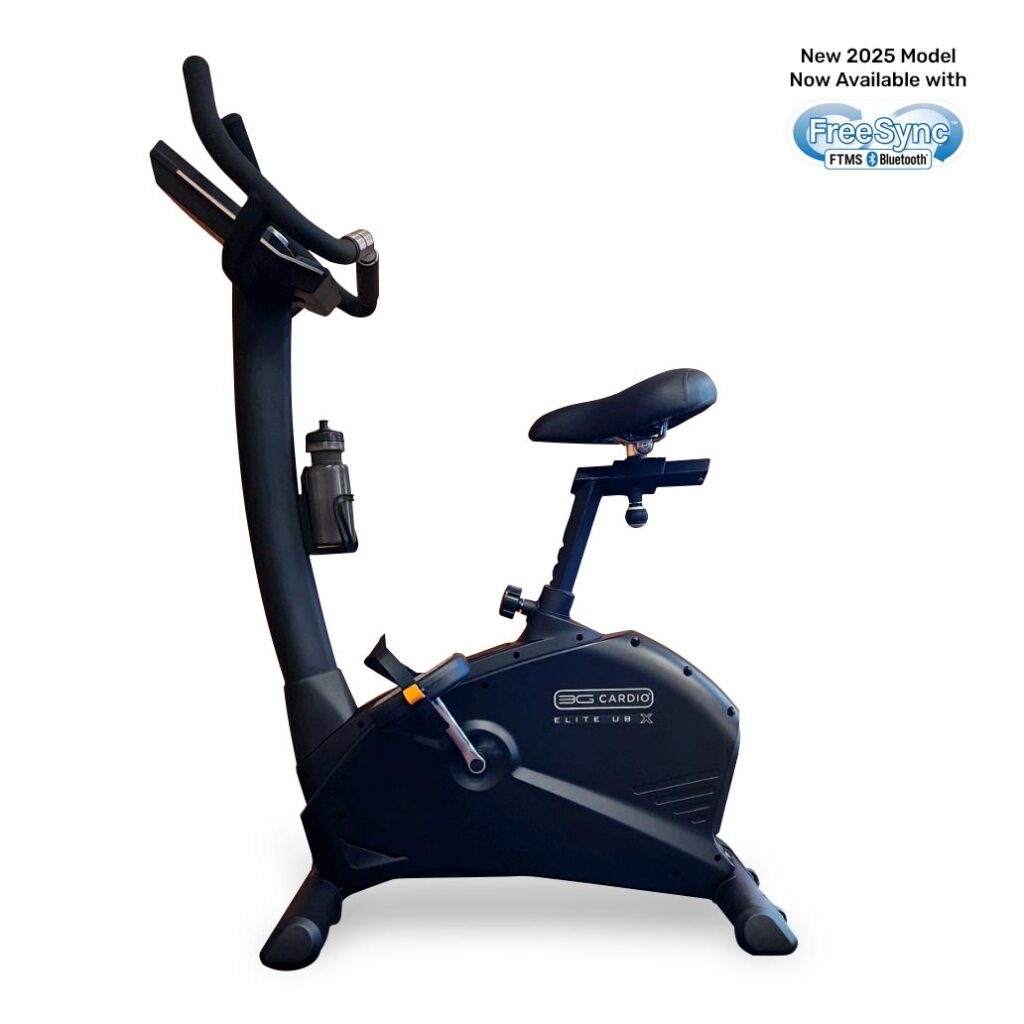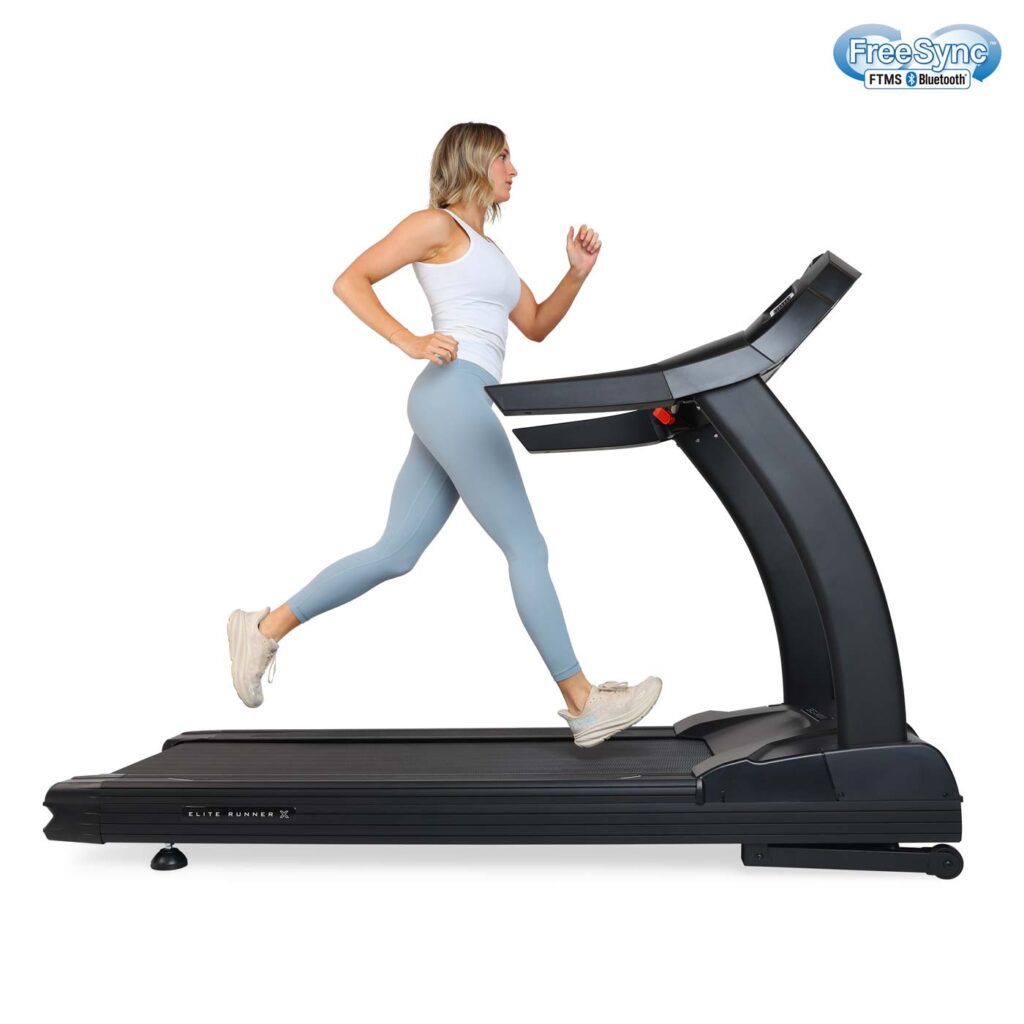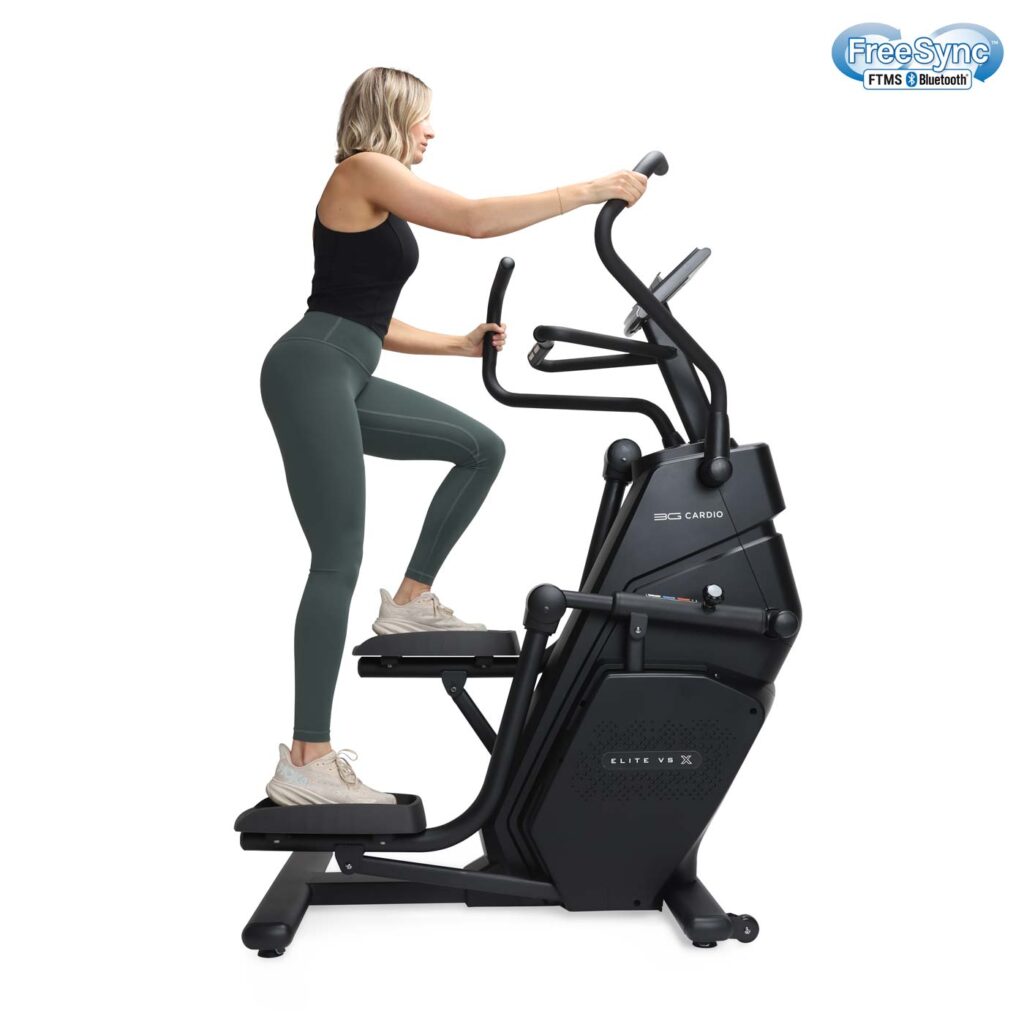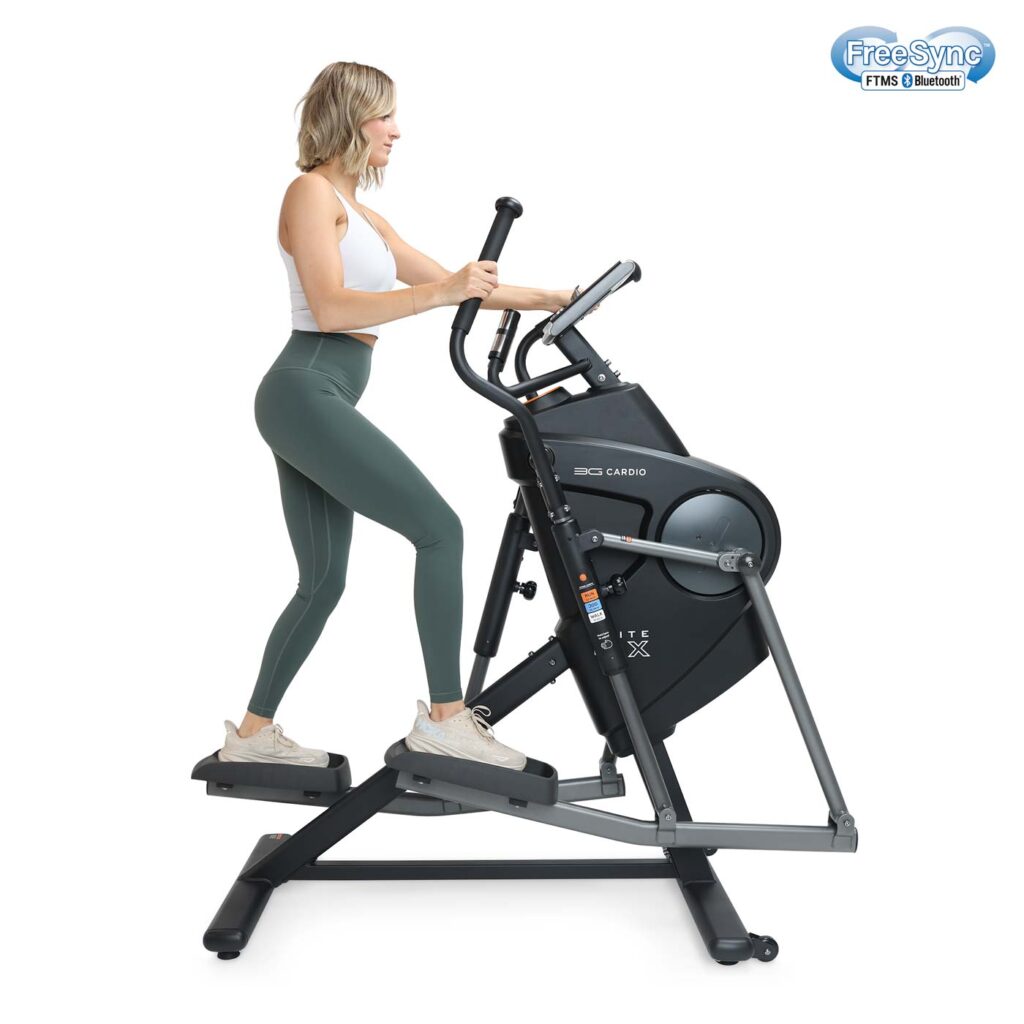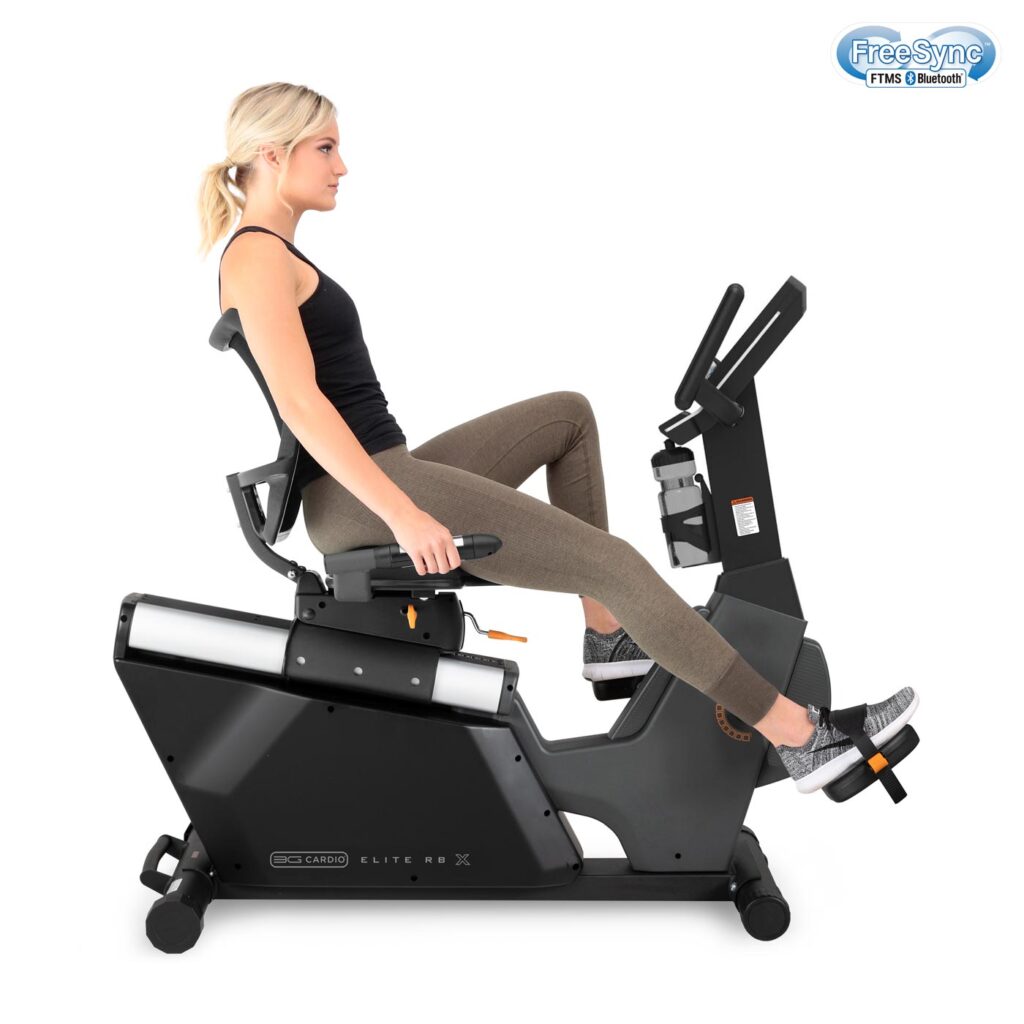3G Cardio Shipping Options
Free Shipping / Curbside Delivery
Our default option for delivery is “Free Shipping / Curbside Delivery.” This method will be our standard delivery and will not include any inside services.
White Glove Delivery & Installation
If you choose to purchase “White Glove Delivery” from us, our preferred method of installation will be to ship the product to your nearest freight terminal and then have the local installers pick it up and bring it to you. They will call you first to schedule a date and time. Once the installers arrive, they will assemble the product, test it and then remove all packaging material. In some cases, depending where you live, we may need to ship to your house first and then have the installers come to your house within a few days after and complete the installation. This would be a situation where our best option for installation may be installers who do not have a large enough vehicle to transport the freight. If this is the case we will notify you first. Both the freight company and the installation company will call you first to schedule an appointment.
If you have any questions regarding these services, please feel free to call us directly at: 1-888-888-7985 or by email at: support@3GCardio.com

